Five of the all-time best Classics rides by Brits
From Tom Simpson to Lizzie Deignan
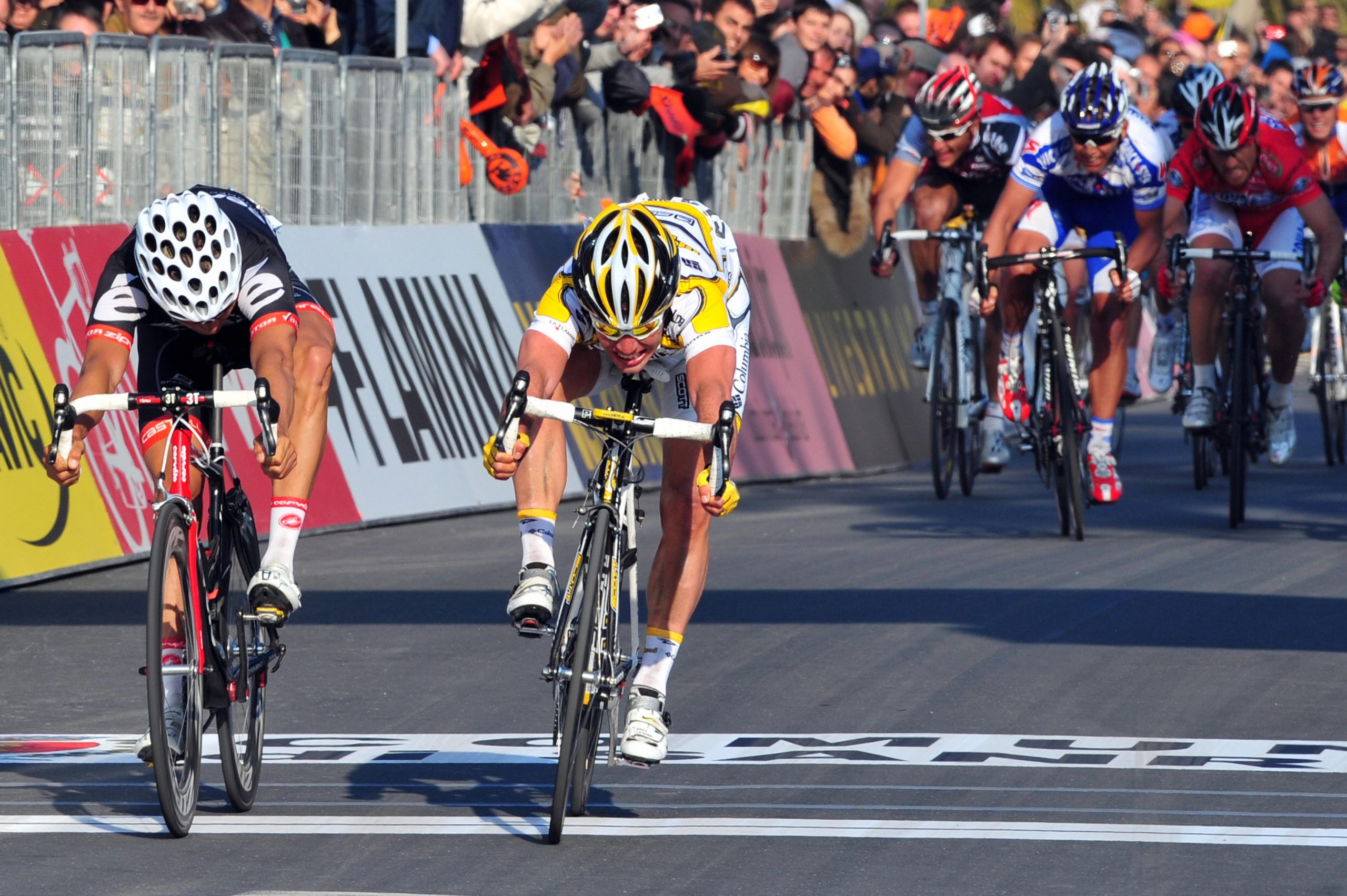
Mark Cavendish wins Milan - San Remo 2009 (Giuseppe Cacace/AFP via Getty Images)
The latest race content, interviews, features, reviews and expert buying guides, direct to your inbox!
You are now subscribed
Your newsletter sign-up was successful
Great Britain's riders have become the most successful in the world when it comes to Olympic medals and Grand Tours, leaving the nation's Classics win tally a bit of catching up to do.
That's not to say there haven't been some amazing one-day performances; here we choose five of the best.
Mark Cavendish, Milan San - Remo 2009
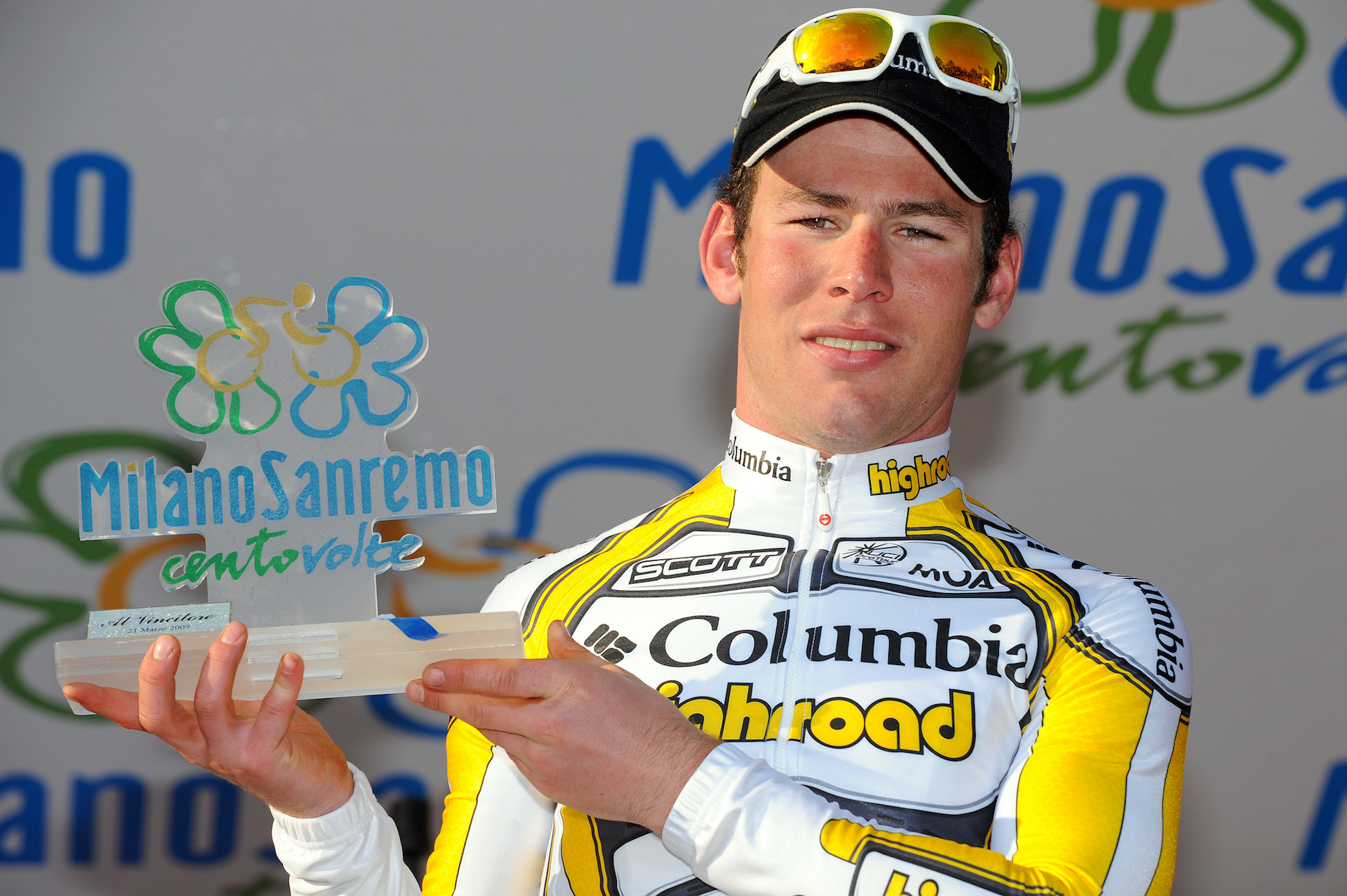
1. Mark Cavendish, Columbia-HTC
2. Heinrich Haussler, Cervélo Test Team
3. Thor Hushovd, Cervélo Test Team
The Manxman went into the 2009 'Primavera' as the favourite and, despite the 300km wait, he delivered great value, providing British bike racing fans with the heart-in-mouth finish they craved, not to mention the top step of the podium into the bargain.
The latest race content, interviews, features, reviews and expert buying guides, direct to your inbox!
As we have often found ourselves saying in this era, it was the first British win since Tom Simpson, who had won this Monument 45 years earlier, in 1964.
Cavendish had trained hard to be able to stay with the front group on the capi - the hills that pepper the end of the race and often serve as the launchpad for the winning break. What he hadn't prepared for though was an ultra-late attack by Heinrich Haussler in the last 500 metres.
After the Cervélo rider got the small gap, Cavendish leapt out of the bunch with an acceleration none of his fellow sprinters could follow. As the then-German weaved one way then another, so did the Manxman, who ultimately came round his opponent to win by a reported two centimetres on the line.
Nicole Cooke, Amstel Gold Race 2003
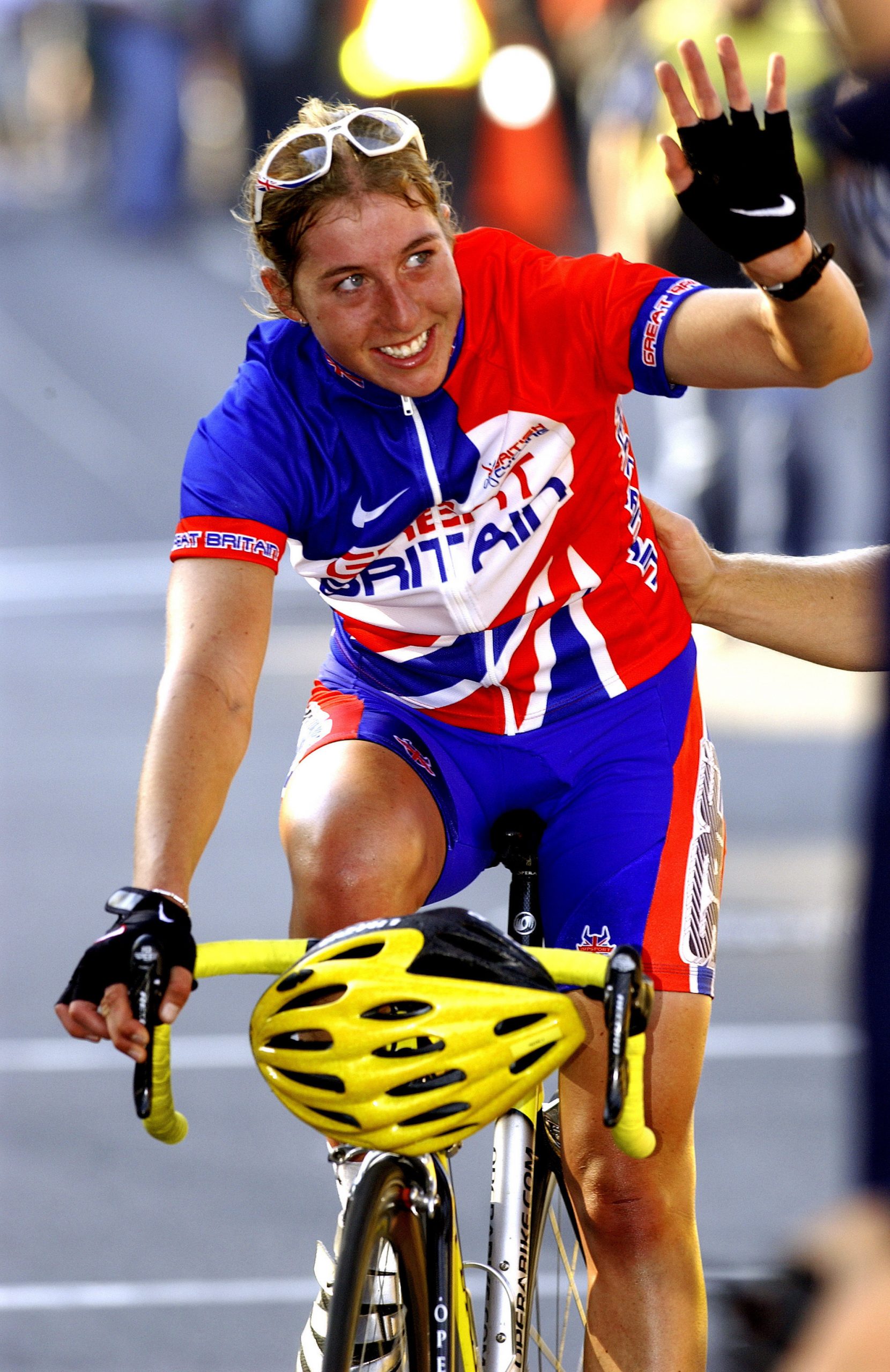
1. Nicole Cooke
2. Olivia Gollan
3. Edita Pucinskaite
The Amstel Gold is a race that suited Nicole Cooke's aggressive riding style down to a T, and after two near misses the Welshwoman became the first British rider to win the race, out-muscling a fragmenting bunch on the steep slopes of the Cauberg to win by two seconds.
The women's race itself was just three editions old at the time, with Cooke an early adopter. Like the modern iteration, it was 75 miles long, starting in Maastricht, although the finish was different - harder - at the top of the Cauberg.
>>> Subscriptions deals for Cycling Weekly magazine
It was ideal for Cooke, who, reported the BBC, "launched her attack and managed to stay in front with a typically determined sprint finish to win by two seconds."
"I was absolutely over the moon to win," she was reported as saying. "This was a massive victory. I'm really happy. To win one round of the World Cup is one of the biggest races in the women's calendar so I'm absolutely ecstatic with the victory."
Cooke underlined her dominance by going on to win Flèche Wallonne three days later.
Lizzie Armistead, Tour of Flanders 2016
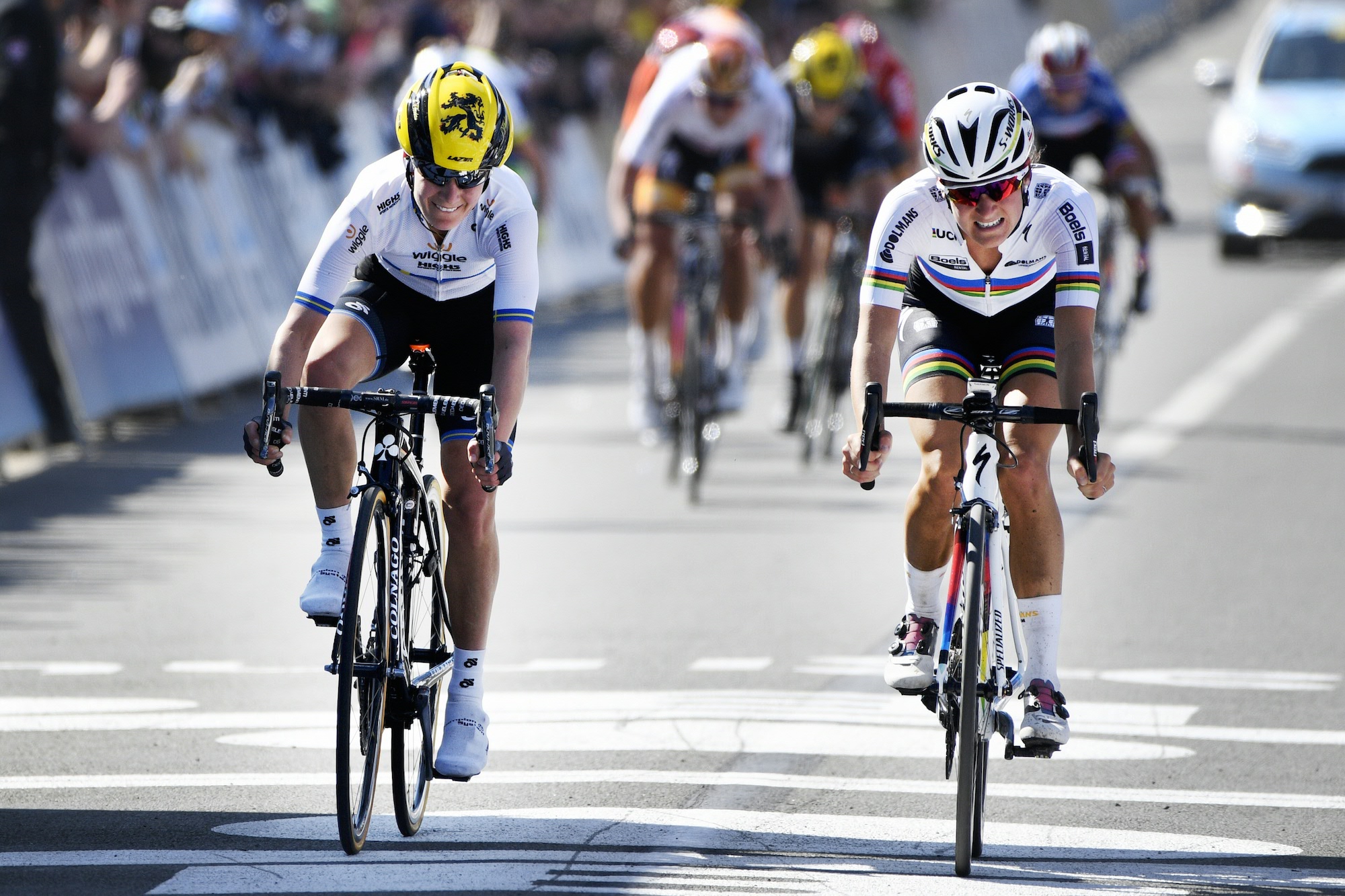
1. Lizzie Armistead, Boels-Dolmans
2. Emma Johansson, Wiggle-High5
3. Chantal Blaak-Van den Broek, Boels-Dolmans
Having been run every year since 2004, this is one of the longer-standing women's Classics. But when Lizzie Armistead (now Deignan) won in 2016, she wasn't the first Brit to do so - Nicole Cooke was victorious in 2007.
Armistead's was perhaps the perfect victory, teaming as it did opportunism with peril with sheer physical ability.
On the run-in to the Paterberg - the final climb of the race - with the climb of the Oude Kwaremont ticked off, Sweden's Emma Johansson (Wiggle-High5) attacked out of the 10-up front group.
Yorkshirewoman Armistead latched on immediately. On the Paterberg's steep, cobbled slopes they solidified their lead to a healthy 15 seconds.
With the chasers comprising 50 per cent team-mates of the front pair, the pursuit lacked impetus, and the leaders could start dreaming of victory as they traversed the final 13 kilometres towards Oudenaarde. But as they began to play cat and mouse in the final kilometre, it nearly became a dream too far - with the chasers suddenly upon them they were forced to open up a long sprint in which Armistead prevailed.
"I'm really, really delighted," she said afterwards. "It's one that I've always wanted and because of that it's almost harder to win - you're so afraid to lose."
Roger Hammond, Paris-Roubaix 2004
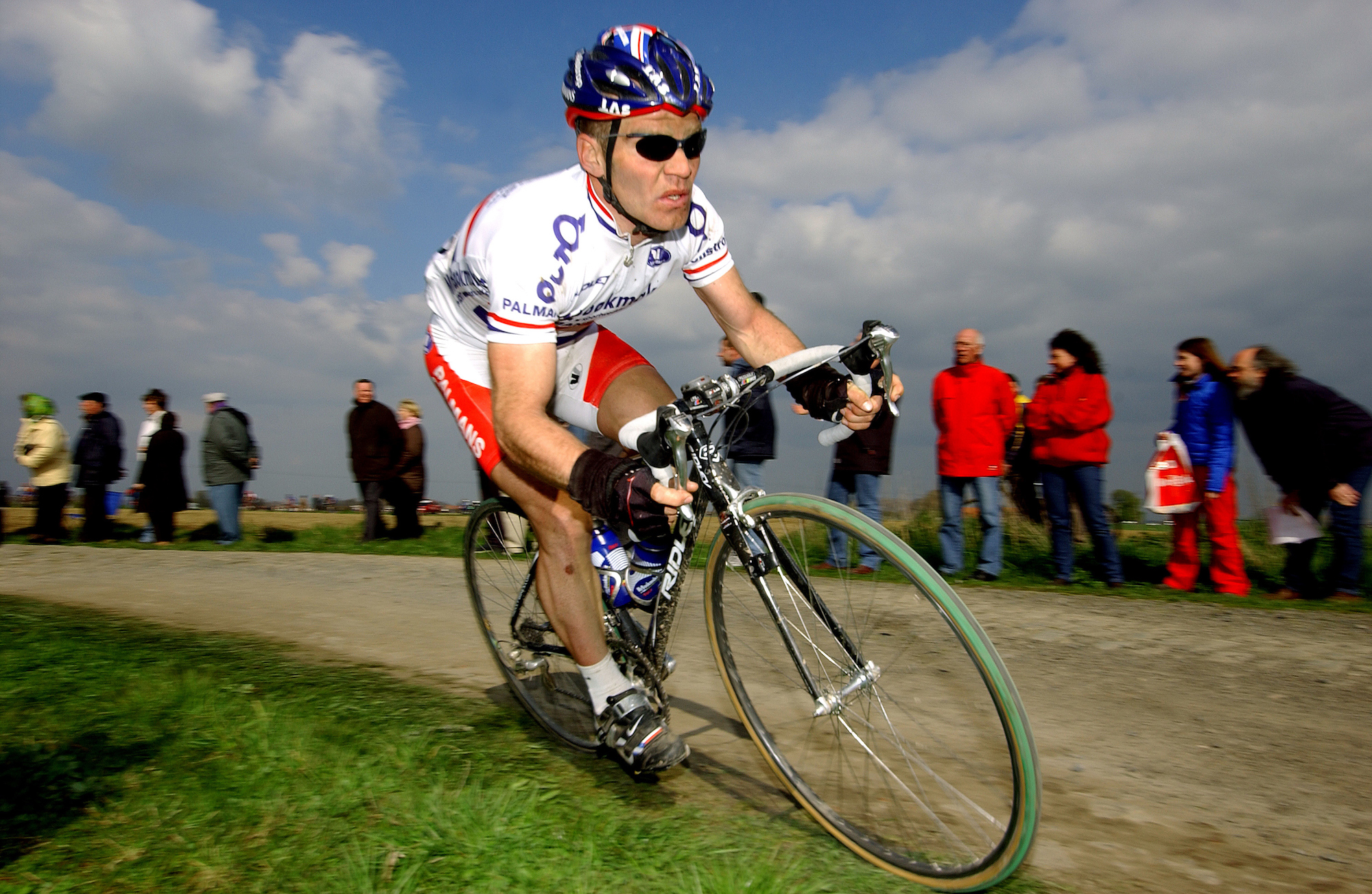
1. Magnus Backstedt, Alessio-Bianchi
2. Tristan Hoffman, Team CSC
3. Roger Hammond, Mr Bookmaker-Palmans
For a generation of British fans almost completely unaccustomed to any kind of Classics success, Roger Hammond's ride in 2004 was a watershed moment that remains one of only two Paris-Roubaix podiums in recent times - the other one courtesy of Ian Stannard in 2016. It was Hammond's rash attack on the Mons-en-Pévèle sector taht brought him to the attention of favourite Peter Van Petegem, who signalled the Brit to join him on the attack. "For me in this little team it was, 'bloody hell, this is unbelievable!'" Hammond recalled.
And after Van Petegem flatted the stakes got higher when Johan Museeuw, a three-time winner, punctured too and suddenly Hammond found himself with just Magnus Backstedt, Tristan Hoffman and an emerging Fabian Cancellara for company, and just 15km to ride.
>>> Cycling Weekly is available on your Smart phone, tablet and desktop
In the velodrome, though, the Brit put too much store in Cancellara, taking his wheel while the other two edged underneath. There were mixed emotions about the result, but Hammond did get one great souvenir from that first attack.
"Graham Watson took an amazing picture - I'm attacking and I've got Van Petegem on my wheel...and you can see Museeuw leaning out from behind Hincapie with a little bit of concern on his face. It's my favourite picture of all my career."
Tom Simpson, Tour of Lombardy 1965
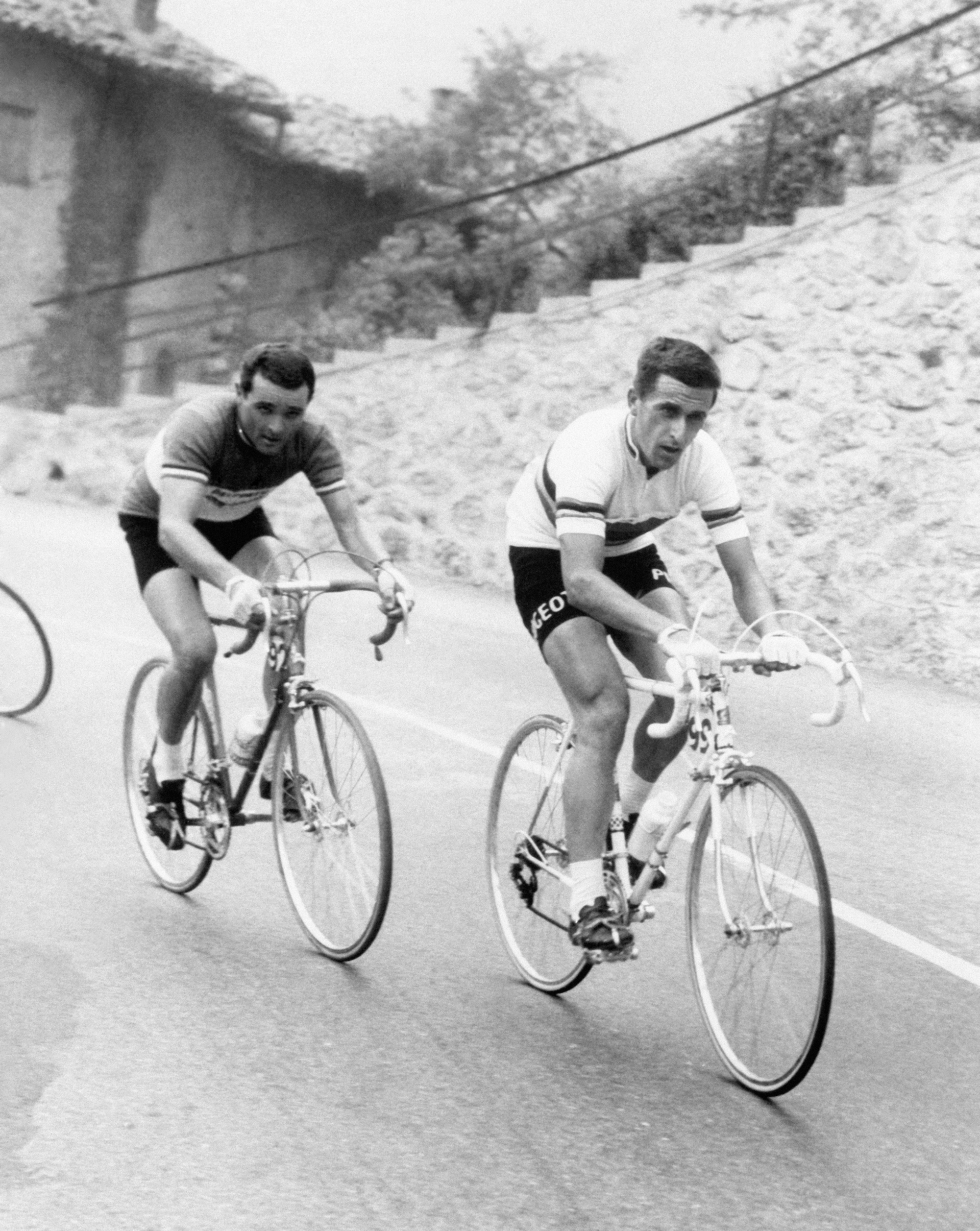
1. Tom Simpson, Peugeot-BP-Michelin
2. Garben Karstens, Televizier
3. Jean Stablinski, Ford France-Hutchinson
Tom Simpson was Britain's most prolific Classics winner by some way, winning Flanders, Milan - San Remo, and the crazy-long Bordeaux-Paris too. But it was perhaps his win in the 1965 Tour of Lombardy that was the most impressive.
Simpson joined a 12-rider attack led by home rider Italo Zilloli off the Madonna del Ghisallo, recalls the archive report at museociclismo.it.
At the Passo d'Intelvi, defending champion Gianni Motta (Molteni) attacked, with Simpson the only man strong enough to follow. Reaching the top with more than two minutes in hand on the majority of the break, things looked good for the pair. But Raymond Poulidor (Mercier) rampaged out of the bunch, dragging a five-man chase group to within 45 seconds of Simpson and Motta.
Come the San Fermo climb, with Motta responding to the flick of Simpson's elbow with a resigned shake of the head, the Brit rode away from his companion, building a lead of more than three minutes come the end of the race in Como.
This feature originally appeared in the print edition of Cycling Weekly, on sale in newsagents and supermarkets, priced £3.25.
Founded in 1891, Cycling Weekly and its team of expert journalists brings cyclists in-depth reviews, extensive coverage of both professional and domestic racing, as well as fitness advice and 'brew a cuppa and put your feet up' features. Cycling Weekly serves its audience across a range of platforms, from good old-fashioned print to online journalism, and video.